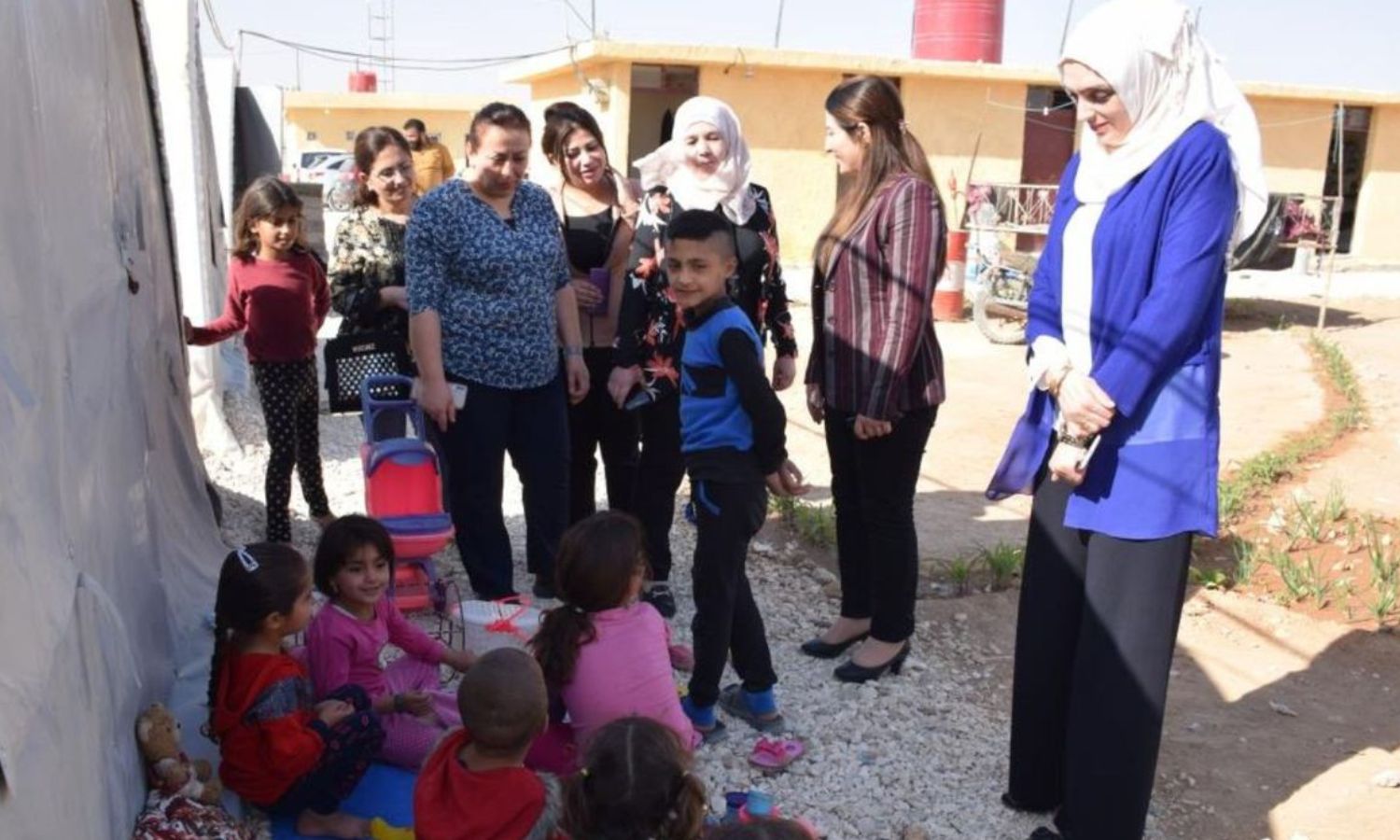
Two makeshift schools for 3,000 IDP students in Ras al-Ain camp

Al-Hasakah – Majd al-Salem
Displaced people residing in the IDP Ras al-Ain camp in northwestern al-Hasakah governorate are complaining about the curricula of the Autonomous Administration of North and East Syria (AANES), as many of the displaced refuse to send their children to study in the absence of alternatives.
The camp includes about 11,000 IDP people from Ras al-Ain region, in addition to displaced persons from the Abu Rasain and Tal Tamr towns, and there are about 3,000 students in primary, preparatory, and secondary educational stages, a source in an organization working in the camp in the field of education support, told Enab Baladi.
The educational process within the camp collides with many difficulties; the most important is the control of the Kurdish-led AANES over the education sector as many displaced people refuse to send their children to study the curricula in the absence of alternatives, according to the source.
In light of the difficult living conditions of the camp IDPs, most parents cannot teach their children through “private lessons” outside the curriculum framework, which drives many of them not to teach their children.
Two hours for each class per day
There are only two schools in the camp, and they are prefabricated classes; as a result, the school’s working hours are, according to the shift system, only two hours per class throughout the day, which is very little time to teach curricula that include mathematics, physics, chemistry, languages and other subjects, which is another reason for the poor education process in the camp.
The place where the classrooms were set is also unsafe and causes physical injuries and wounds to students, especially new ones (first grade), as the rooms were placed on a floor of small crushed stone, which turned into a harmful tool in the hands of the “troublemaking students” after causing injuries to many of their colleagues, according to the source.
Currently, there are only two places inside the camp for education, which were established with the support of the Northern Iraq Region, while the remote sectors of the camp, such as “Sector D,” suffer from the remote distance and the difficulty of bringing children due to the bumpy roads.
Learning a craft is “better” than education
The 45-year-old Abdullah al-Sheikh, an IDP from Ras al-Ain, told Enab Baladi in a phone call that he refrains from sending his son to the camp school “because the current educational process is not feasible.”
Al-Sheikh added that he is facing living difficulties that forced him to send his son to work in a car and motorcycle maintenance workshop in the camp to help him with the expenses and to teach his child a “good profession in the future.”
According to the father, most camp IDPs teach their children, who are at the age of his 14-year-old son, a profession that they can practice inside or outside the camp.
Al-Sheikh complains about the weak role of the organizations operating in the camp and their failure to assist poor families in securing the necessary needs for the educational process, such as stationery, bags, etc., or to provide aid to the families so that they are not forced to send their children to work to secure their “daily food.”
For its part, the pro-AANES Hawar News Agency reported on 17 September the intention of the Educational Complex in the camp to increase the number of schools during the new school year to solve the “overcrowding,” which has not happened so far.
if you think the article contain wrong information or you have additional details Send Correction
النسخة العربية من المقال
-
Follow us :
Most viewed
- Al-Sharaa names new Syrian government
- Kurdish Protection Units: Key point of contention between Damascus and SDF
- Syrians look forward to visiting graves of "martyrs" on Eid morning
- Intentions for popular resistance amid Israeli escalation in southern Syria
- Eid clothing prices rise in Idlib: Predominantly priced in dollars

















 A
A
A
A
A
A



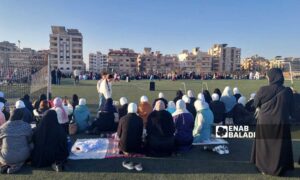
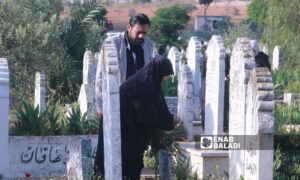
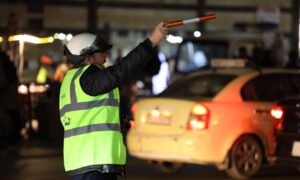
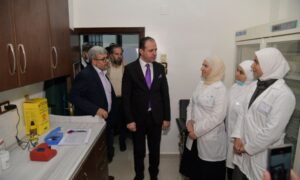
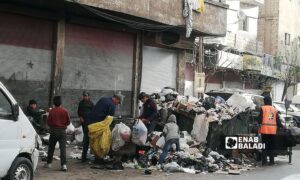
 More Society
More Society